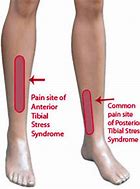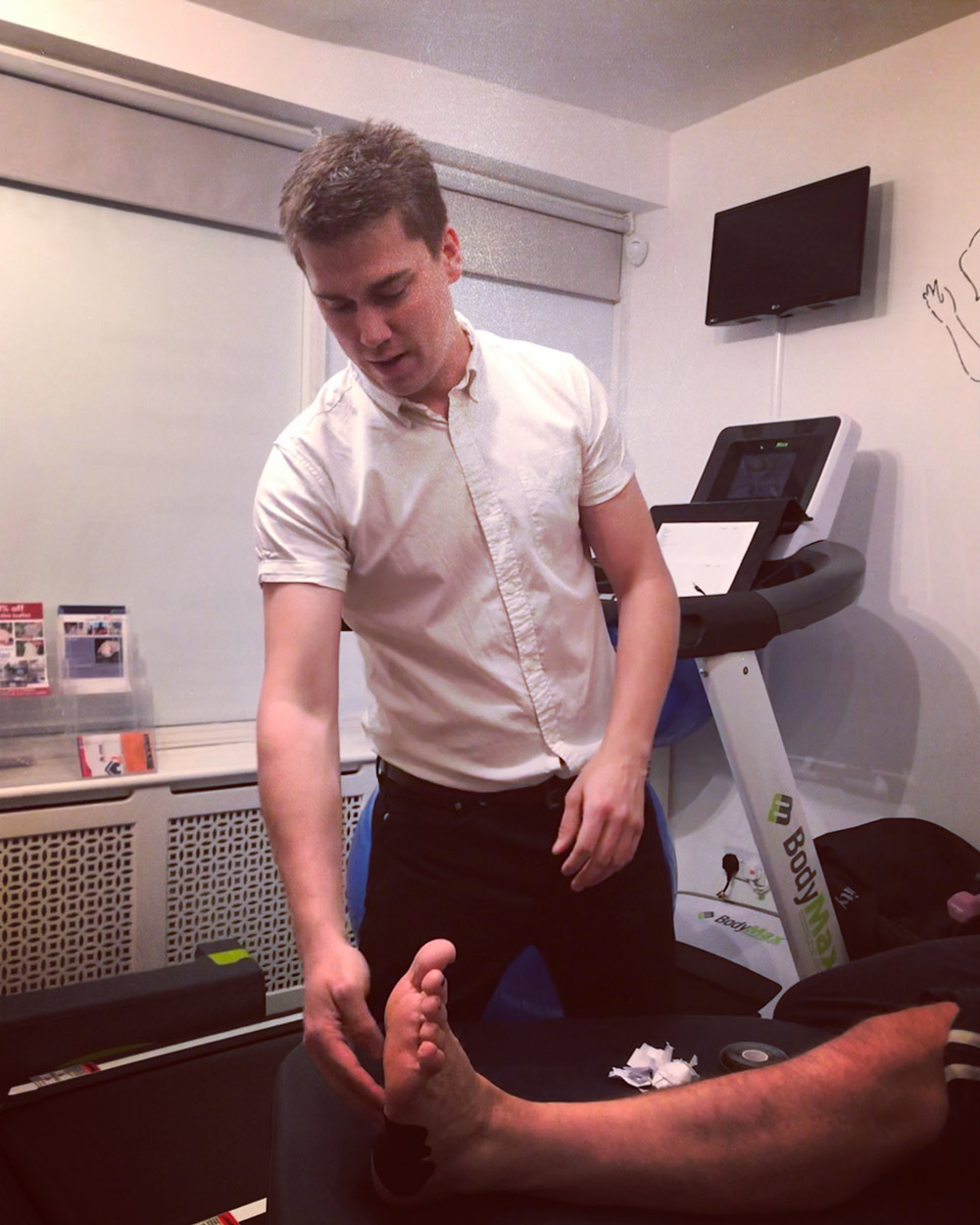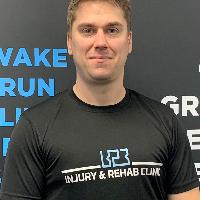What is it?
Shin splints just like most titles for an injury, is a broad term to cover different types of pain you would get in your shin area. Shin splints, or medial tibial stress syndrome (MTSS), is common mostly in runners or soldiers, but that’s not to say everyone else is immune. The causes of MTSS can be found in tennis, badminton, football, basketball, even if you simply walk in shoes for long periods of time. The main reason for it to occur physiologically is when the muscles and tendons are forced to rub against your tibia (shin bone) repetitively, eventually causing an inflammation between the two. Simply put we could think of it as “friction burn” though a little more intense. There are other anatomical responses but ultimately they all have the same outcome – pain in the shin. Something to remember with MTSS is if you do feel pain in your shin during exercise don’t “train through the pain.” It will only inflame further until you find you’re physically unable to do anymore. The more you train on an injury, the longer it will last and potentially could lead to even more severe injuries like stress reactions, or a stress fracture.
How do I get it?
It can occur for a number of reasons. Running on a hard surface such as long distance running on road surface applies constant impact on the body. This can cause inflammation in the lower leg muscles on its own. Overuse of your lower leg muscles can also play a part, so even if you’re running on sand or grass and are doing so too much you can’t be ruled out.
Tightness in your calves can be a reason for MTSS to flare up too; when your calves are tight that means your anterior leg muscles need to work extra hard to maintain that foot lifting action when walking or running, fighting against the resistance from the calves. Extra work means higher risk.
Also consider improper footwear. If you have recently bought new running trainers and suddenly get pain in you shins, rethink the trainers you’ve bought. They may not match your running style and encourage a heavier impact.

Incorrect or high risk running form can connect you with many types of injuries over time due to the improper landing of your anatomical structure, though for some runners, even professionals, this is just an anatomical variance and if there’s no problem, there’s nothing to fix. If you do have concerns about your run style however and feel it may connect to a long term pain you’ve always had, it can be analysed in clinic.
It commonly presents itself in new runners due to the fact that the muscles have never been put under that type of stress continuously before. Being a new runner, you need to be very cautious of your running style, and ensure you get off to a good start. Booking a session to analyse your running gait would get you off to a safer start and any areas you may be weak with can be targeted early to prevent future problems with a comprehensive programme to follow 2-3x a week at home.
.
What can I do to stop it?
Well naturally my advice would be to see a therapist! Getting a detailed assessment on your injury to be certain it’s MTSS would serve you well in knowing how to manage it on a day-to-day basis. You could expect to have some massage on the lower leg muscles to reduce any tension such as the calf problem mentioned earlier, possibly some taping and strapping for pain relief, and no doubt you will be given some heavy advice and homework to take with you and rehabilitate your injury at home; nobody escapes my homework! Of course, it depends on which therapist you see to how your treatment is planned out but ultimately you could see 10 therapists and have 10 different treatments. The main point is that you know it will benefit you and your pain.
Along with having treatment, you really want to make sure you take rest from any aggravating physical activities, particularly impact. MTSS truly is a nightmare to deal with, and if you continue to put it under pressure even while attending treatment sessions, it’s just not going to budge.
Be safe, train well, and hopefully I don’t see you in clinic with any shin problems!



